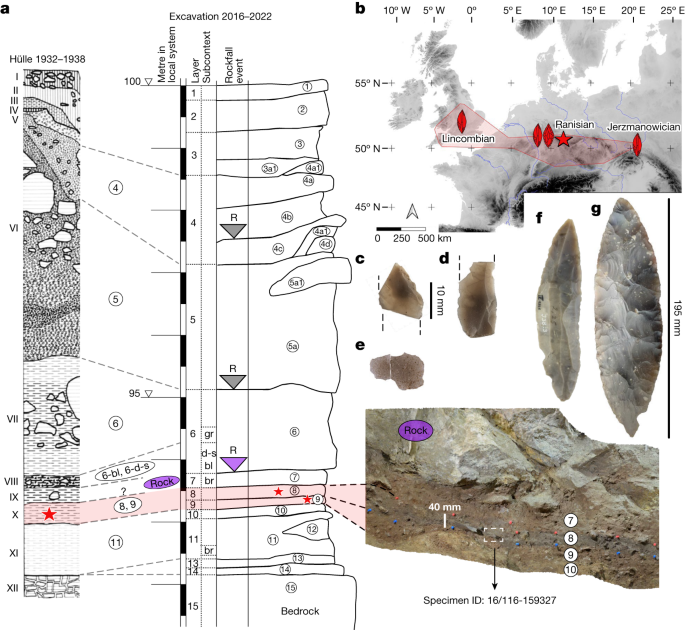Cosmos Magazine
Cosmos Magazine is a quarterly science magazine that aims to inspire curiosity in 'The Science of Everything' and make the world of science accessible to everyone. The articles cover various topics including evolution, health, archaeology, astrobiology, physics and more. The writing is clear and easy to understand with a focus on recent discoveries and breakthroughs.
93%
The Daily's Verdict
This news site is known for its high journalistic standards. It strives to maintain neutrality and transparency in its reporting, and avoids conflicts of interest. It has a reputation for accuracy and rarely gets contradicted on major discrepancies in its reporting.
Bias
98%
Examples:
- The articles provided show no clear bias.
Conflicts of Interest
98%
Examples:
- There are no conflicts of interest detected in the articles provided.
Contradictions
91%
Examples:
- The article on missing black holes in the early universe contradicts the theory that dark matter is made up of primordial black holes. The article on ancient Greek ship Kyrenia provides a new sinking date for the ship, which contradicts previous estimates.
Deceptions
83%
Examples:
- The article on missing black holes in the early universe uses deceptive practices by suggesting that the absence of observed primordial black holes can be explained by quantum field theory.
Recent Articles

New Discoveries Reveal Early Earth's Complex Ecosystem: Last Universal Common Ancestor Interacted with Other Microbes, Challenging Previous Assumptions
Broke On: Friday, 12 July 2024
New Insights into the Role of AHR in Regulating T Cell CXCL13 Production and Potential Therapeutic Strategies for Systemic Lupus Erythematosus
Broke On: Wednesday, 10 July 2024
New Study Provides More Accurate Age Estimate for Ancient Kyrenia Shipwreck, Revealing Insights into Mediterranean Trade during Greek and Late Antique Times
Broke On: Wednesday, 26 June 2024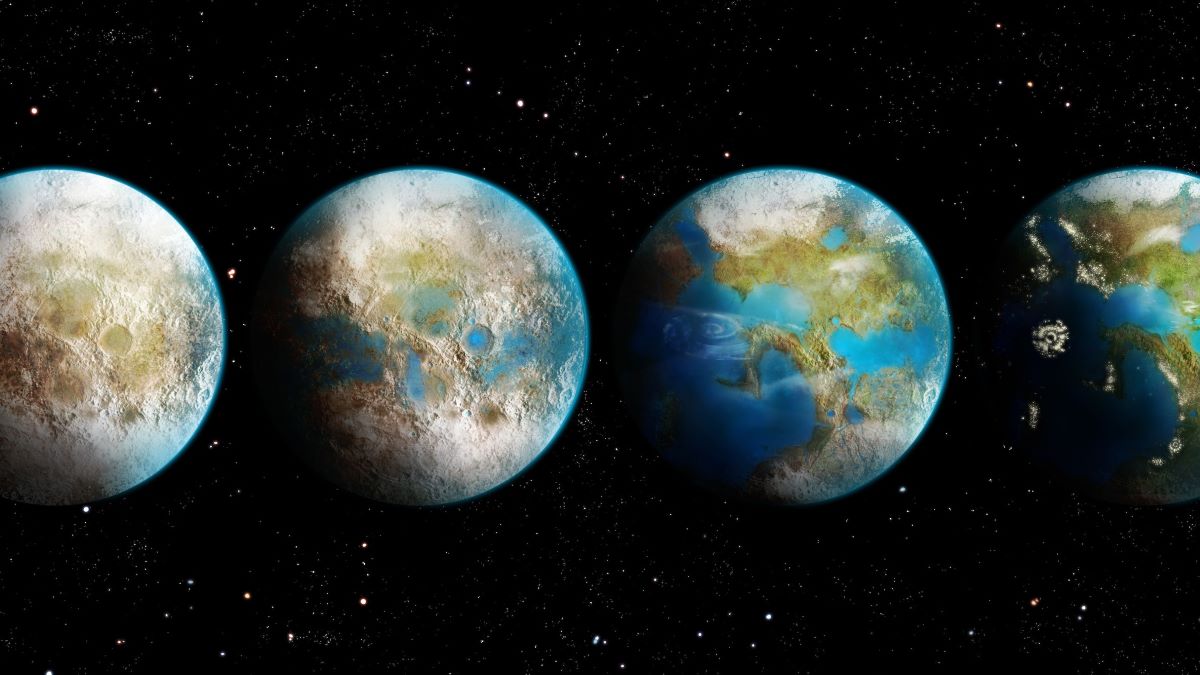
New Study: Unnatural Greenhouse Gases on Exoplanets Could Be Signs of Alien Civilizations Terraforming Worlds
Broke On: Wednesday, 26 June 2024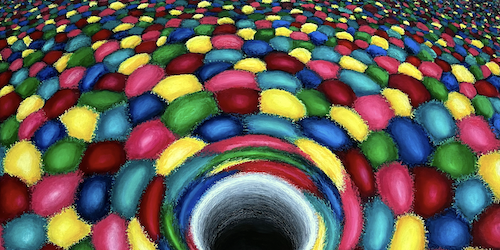
New Study Suggests Primordial Black Holes May Have Formed Color-Charged Counterparts
Broke On: Thursday, 06 June 2024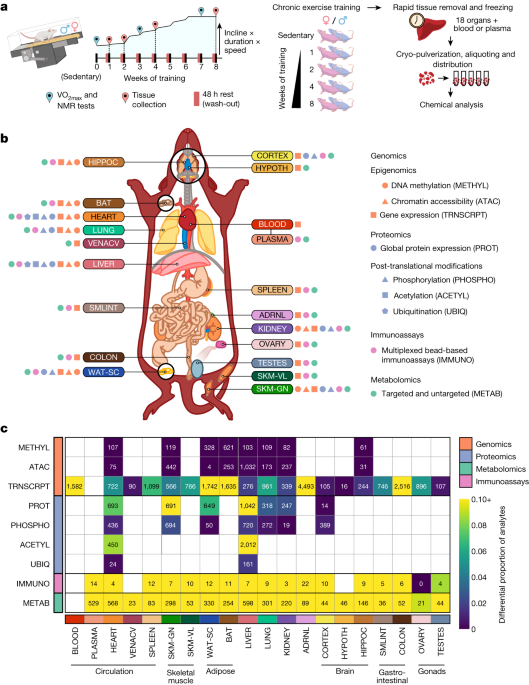
Study Uncovers Molecular Changes in Multiple Organs from Rats During Exercise Training
Broke On: Wednesday, 01 May 2024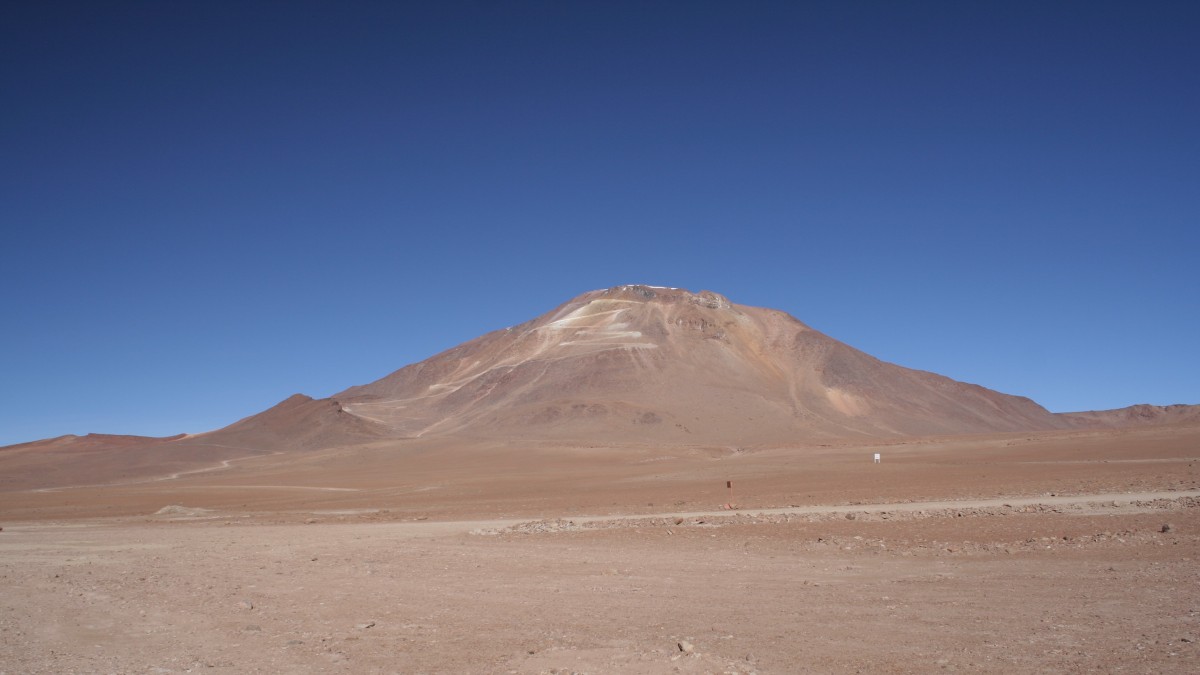
Unparalleled Cosmic Discoveries: The University of Tokyo Atacama Observatory Begins Operations at the World's Highest Altitude
Broke On: Tuesday, 30 April 2024